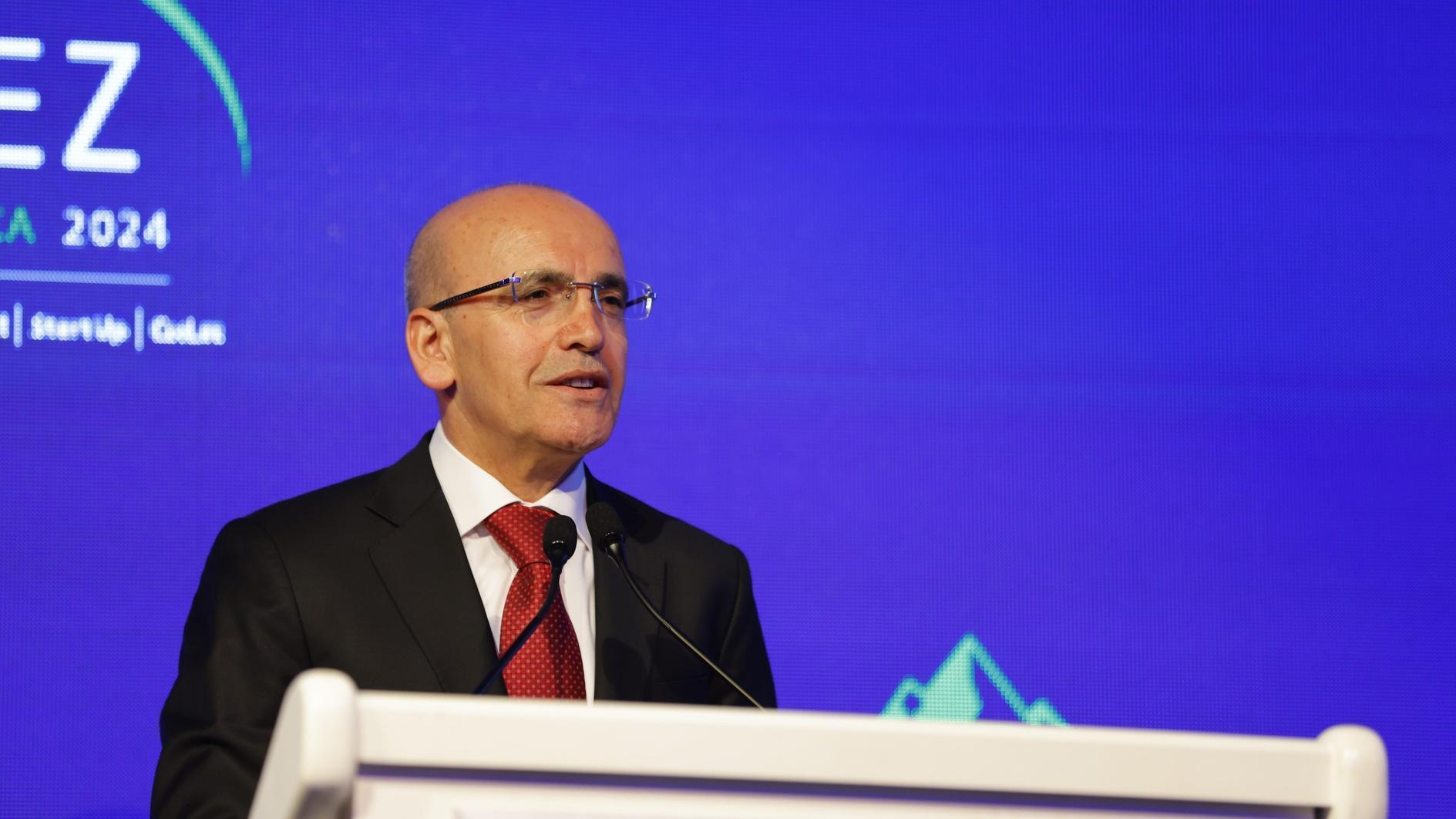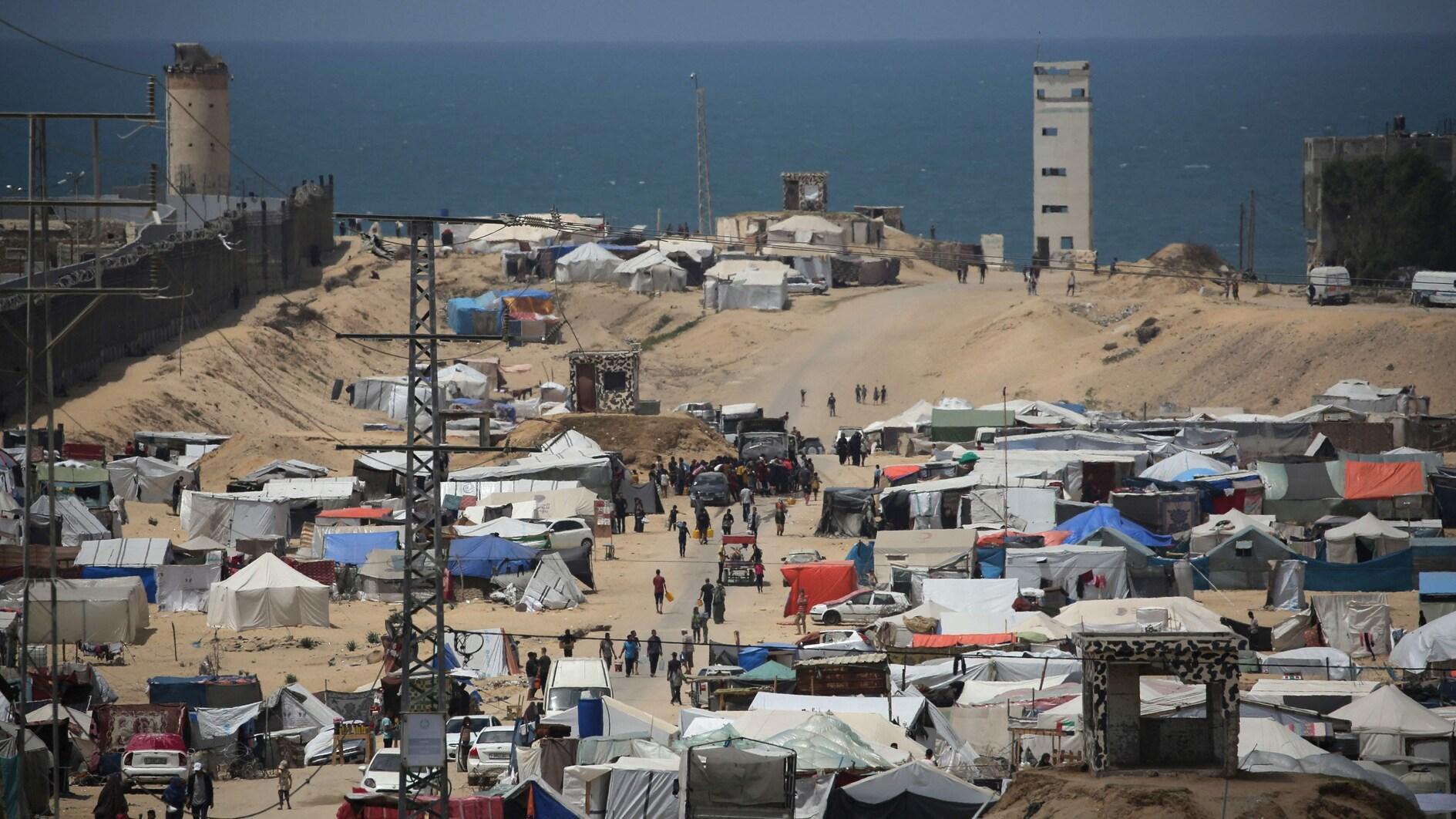Turkey can’t be all things to everyone
Washington was castigated for its grand designs aimed at bringing democracy to the Middle East following its invasion of Iraq, during which its troops were expected to be greeted as liberators. That did not happen and the United States is certainly no more welcome in the region than it was before the Iraq invasion.
As for its claim of bringing democracy to the Middle East, that has long been forgotten. Today Washington relies on undemocratic countries such as Saudi Arabia, Qatar and Kuwait to further their interests in the region. This is what is makes Turkey even more important for Washington, since it is not only a regional power that is a member of NATO, but also has added value - given the model it provides for democracy in a predominantly Islamic country.
It is of course easy to leap to the assumption that Turkey is therefore nothing more than a tool in the hands of Washington for furthering American interests in the region. While this assumption is here to stay among conspiracy theorists, the fact is that Turkey has ambitions and pretentions of its own in the Middle East.
Responding to questions in Parliament last week from the opposition, Foreign Minister Ahmet Davutoglu made this amply clear when he said “Turkey will manage and be the leader of the change that is underway in the Middle East from now on.” Just in case the message was not understood, he added that they, as a party, were aiming for a new Middle East, just as they were aiming for a new Turkey.
These are ambitious remarks and force one to question whether a Turkey which was caught unaware by the Arab Spring actually has the capacity to “manage the change” in the Middle East. The real and much more crucial question, however, is whether one can assume that a Middle East that has resisted interference from the U.S. will be more amenable to the kind of interference that Davutoglu is suggesting.
One might suggest that the real difference between Turkey and the U.S. is that the latter is a Western power which backs Israel, whereas Turkey is a predominantly Islamic country opposing Israel. The problem with this, however, is that it was Prime Minister Erdogan himself who only recently told journalists in Qatar when he was talking about the situation in Syria that Turkey’s borders were NATO’s borders.
However, NATO is considered by the Islamic masses as the armed forces of the West that backs Israel, not the least because of its involvement in Afghanistan. This alone does away with any advantage that being predominantly Islamic and anti-Israeli may bring to Ankara’s ambitions in the Middle East.
But even if this were not a problem it is not clear how one can automatically assume that Iran and a predominantly Shiite Iraq, or even, for that matter, a Russia that has regional ambitions, will allow Turkey to “manage the change” underway in the Middle East according to its own designs.
It is clear that Turkey can not be all things to everyone at the same time. You can not underline your NATO membership, while at the same time expecting the region to welcome your meddling in its affairs based on the assumption that you will be well received because you are predominantly Islamic and anti-Israeli.
Neither is there a tangible reason why a region that loathes interference in its affairs by Washington, or any other Western capital, would welcome such interference from Turkey, a country that pegged into a western security system which many see as being anti-Islamic.
One should therefore take Foreign Minister Davutoglu’s remarks with a large pinch of salt unless he and his party have even grander plans of moving Turkey away from the West and making it an independent Islamic power in the Middle East.
But even if that were the case, there is no reason, given Turkey’s historic baggage in region that Ankara’s meddling should be welcomed anyway.











